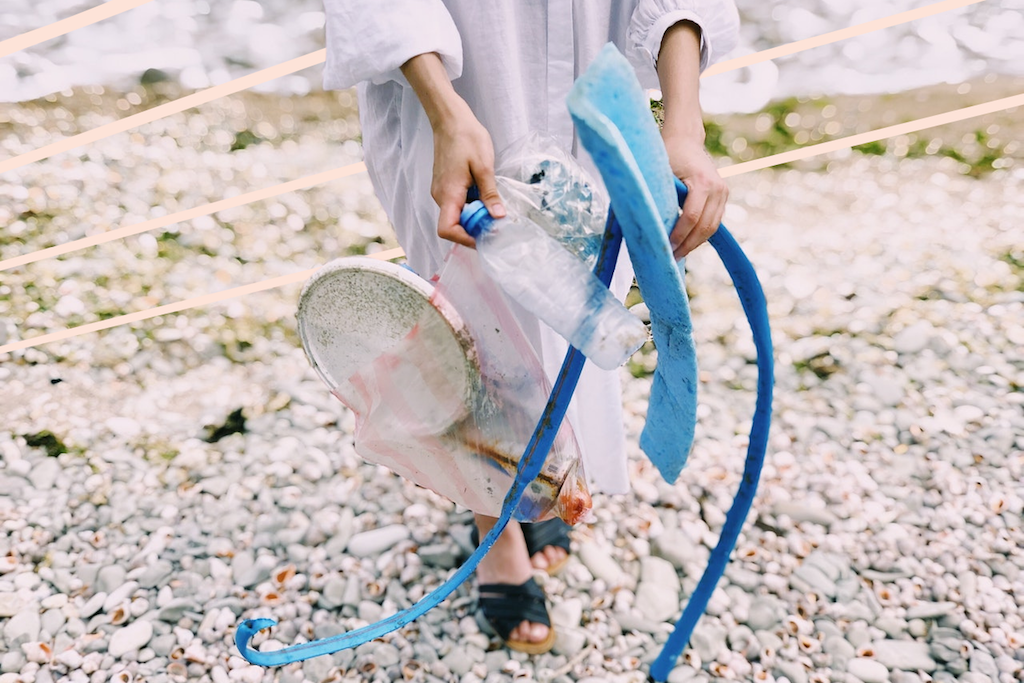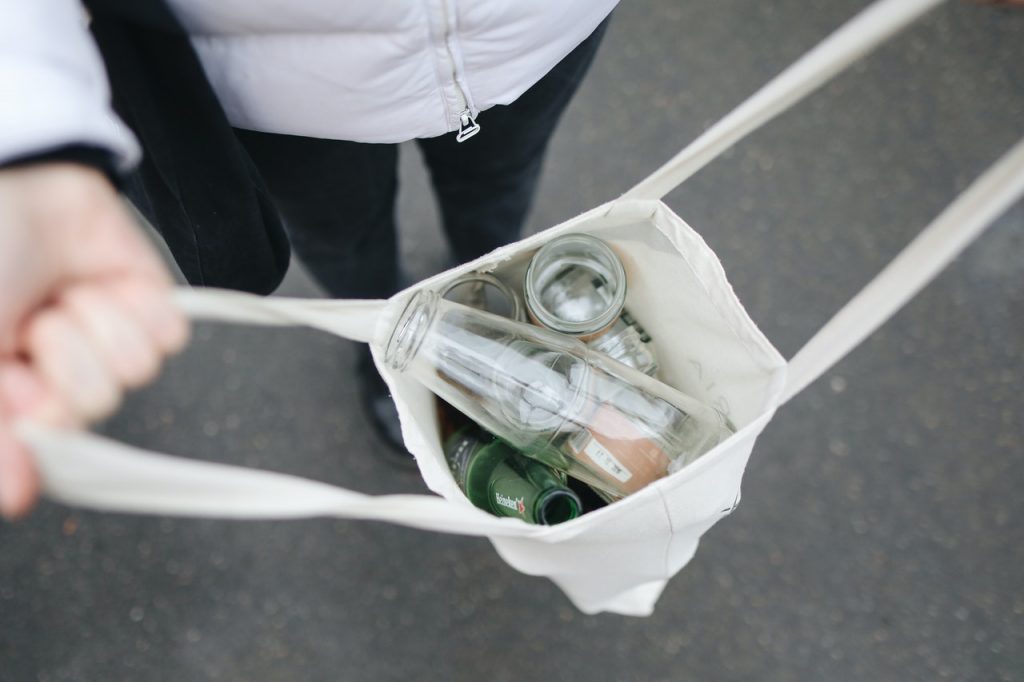With 2023 fast approaching, for many the arrival of a new year represents a time of reflection and foresight, on things that went wrong last year and how we might address them moving into the next one.
That sense of contemplation usually concerns self-improvement, with new year’s resolutions resolutely, reliably concerning health, fitness and diet.
But perhaps 2023 should be the year we all look outwards.
In fact, on YouGov’s 2022 report on the UK’s most common resolutions, only two of the top 13 pledges concerned anything altruistic or community-based. These were ‘’volunteering or doing charity work’’ and ‘’raising money for charity’’, with just 8% and 5% of Brits respectively resolving to do more this year.
Somewhat surprisingly, pledges concerning the environment didn’t feature. But with the recent COP27 summit in Sharm el-Sheikh reminding us that the climate crisis is undoubtedly the biggest threat humanity has ever faced, it’s essential that everyone is considering their carbon footprint and eco-conscious behaviours more closely this year.
Let’s be frank; the onus should rightly fall on governments and corporations to take the lead here; according to a report by the Climate Accountability Institute in 2019, just 20 companies were responsible for over a third of all global carbon emissions.
Furthermore, rich countries, primarily in the western world, are responsible for 50% of all planet-warming greenhouse gases from fossil fuels and industry over the past 170 years, whilst accounting for just 12% of the global population today. Something’s got to give.
But what can the individual do in the face of such huge numbers? Aside from voting in a more climate-conscious government and even glueing your face to the road in protest at inaction, it might be more manageable for the individual to focus on a specific issue. Today, we’re considering marine littering; here are 5 environmental resolutions to make in 2023.
What’s The Worst That Could Happen?
Each year billions of tons of marine debris—like plastic bags, bottles, fishing nets, buoys, and other man-made objects—end up in the oceans. These items can pose a threat to wildlife by harming seabirds, marine mammals like whales and dolphins, as well as sea turtles that mistake the plastic for food.
In many cases, this marine debris presents a big health risk to people as well. There are millions of metric tons of plastic flowing into the environment, with the potential danger of microplastics in drinking water currently under investigation by scientists.
Of course, the overall effect of environmental collapse is going to be worse than inadvertently consuming plastic.

What Can You Do About It?
There are a few ways that the individual can help reduce marine litter and protect sea life, and these include stopping the use of plastic bags and other single-use plastic items, encouraging recycling both at home and in the office, recycling electronics and buying refurbished, and even organising a beach cleaning party. Let’s explore further…
Stop Using Plastic Bags…
A plastic bag is small, cheap and convenient, sure, but it’s also incredibly bad for the environment. Every year, there are hundreds of millions of tons of plastic bags entering the oceans around the world, with sea life getting caught up in them, eating them and even suffocating on them.
The majority of marine debris comes from land-based sources, primarily through the improper disposal of waste by companies, but also, sadly, by citizens’ disposing of plastic bags incorrectly or simply throwing them out.
Instead, endeavour to use reusable bags, such as totes or even a ‘bag for life’, to mitigate the need for plastic bags in your everyday life.
…& Single-Use Plastic Bottles, Too
Eliminating the use of plastic bottles, full stop, is one of utmost importance too, and one of the key ways to reduce your everyday plastic use. If each responsible citizen owned a reusable, refillable water bottle, and water was available ‘on tap’, as it were, then there would be no need for single-use plastic bottles.
If changing the habitual behaviour of the world seems too much to ask, significant tax on the offending item could earn serious money which could be invested into waste reduction. It would then be the job of the government to invest wisely – unfortunately, we’re not sure they’re to be trusted in doing this. Plastic bottle return schemes are another viable option.
Get Your Office Into Recycling
Responsible environmental behaviour starts at home, sure, but it can also be taken into the office. An easy way to start this process is by making sure you promote workplace recycling.
There are many advantages to recycling, but one of the most obvious ones is that it reduces the amount of material that makes its way into landfill and the ocean.
Your office or business can reduce its impact on the environment in other ways, too. From eliminating paper use to improving energy efficiency, check out these ways your business can reduce its impact on the environment.

Recycle Your Electronics
Electronic waste is one of the biggest threats to the health of the planet. In the last decade, e-waste has gone from being a concept to becoming a major problem for the environment. Not only is it not biodegradable, but toxins released from electronic devices can endanger humans and wildlife.
But that’s not all; since electronic devices are made from a whole host of high value, non-renewable resources like gold and silver, which are disposed of without recycling, creating new electronic items brings huge strain to the environment, too.
The UK is one of the world’s biggest producers of e-waste, but change is starting to happen here. To behave more sustainably with your electronics, you should postpone upgrading your devices for as long as possible, prioritising refurbished products when you do need to upgrade.
If you do have any spares, give them to friends or family in lieu of them investing in new electronics. Only after that should you seek out a dedicated e-waste recycling facility.
Organise A Beach Cleaning Party
Finally, a sociable chance to engage with your local community (should you live close to the beach, that is), whilst ensuring plastic waste and marine littering is reduced…
Hosting a beach cleanup is an excellent way to reduce the amount of marine debris you will likely find on your local beach, which can often be a pretty shocking haul by the end of the day. It only takes a morning (or less) but you’ll be providing an invaluable service to the community and its wildlife. What’s more, you’ll be meeting like-minded people, and spreading positivity about protecting the environment, for good measure.
The Sussex Wildlife Trust have a nifty guide on how to organise a beach clean here; do check it out. But not before you’ve considered these 6 IDEAL ways you can play your part in saving the environment. We’ll see you on the beach?





